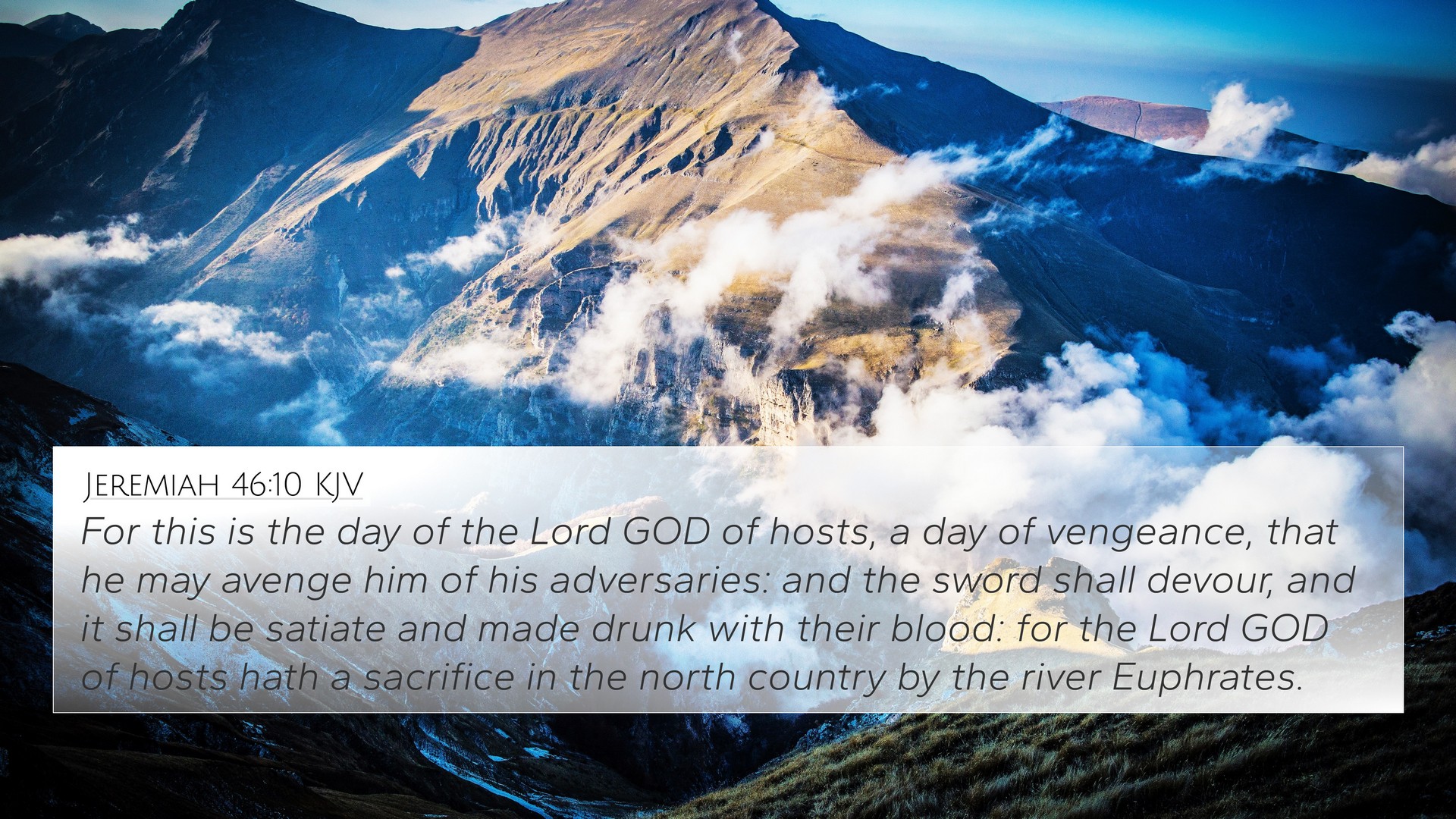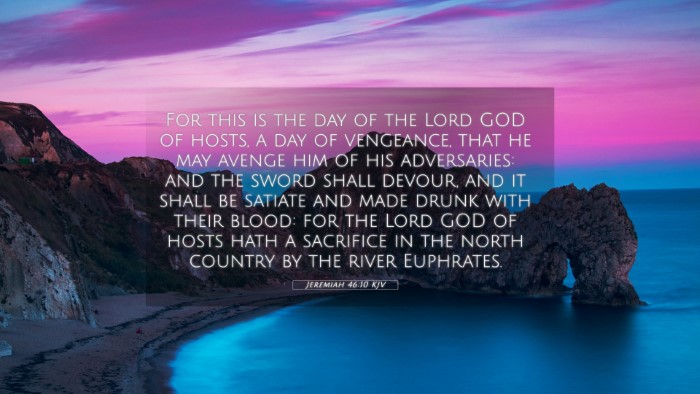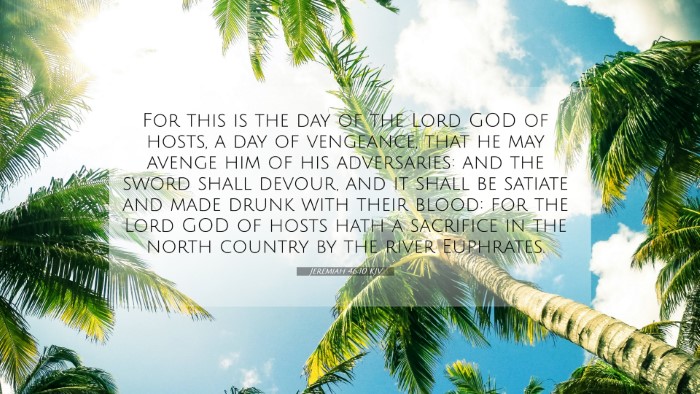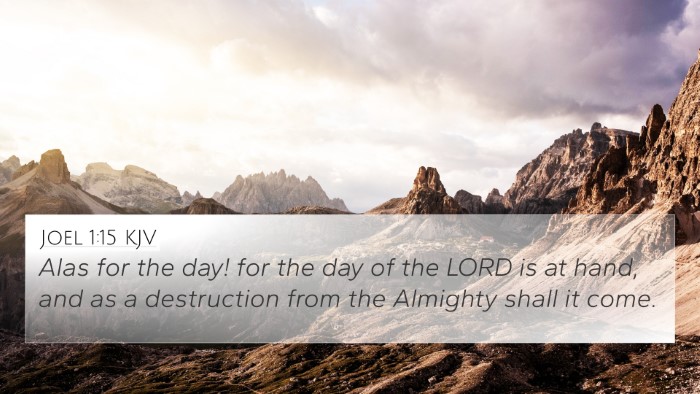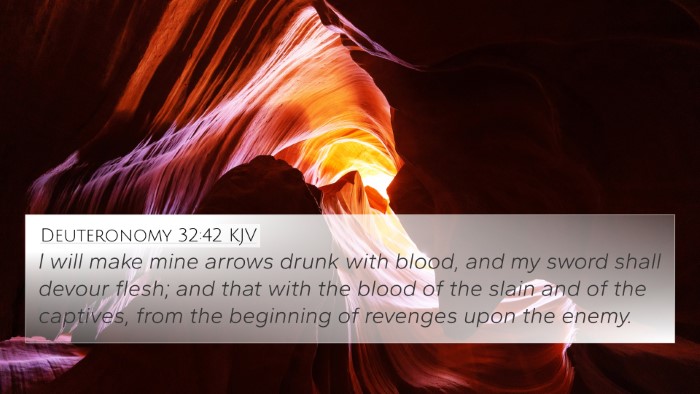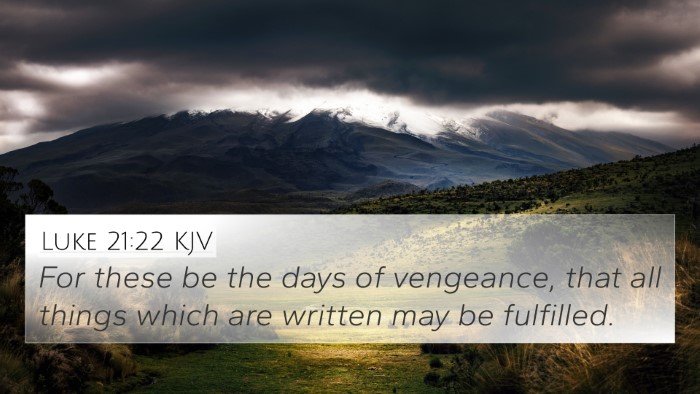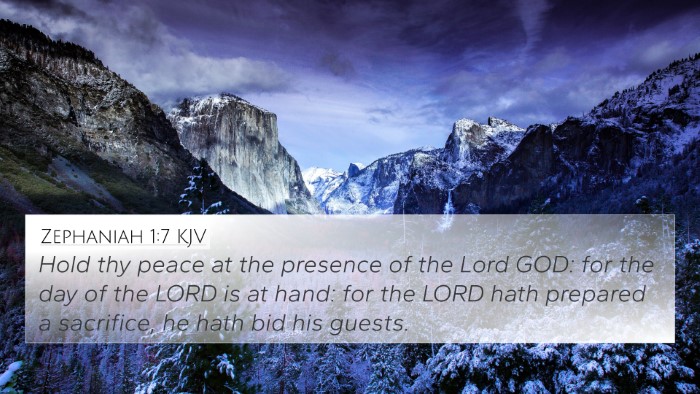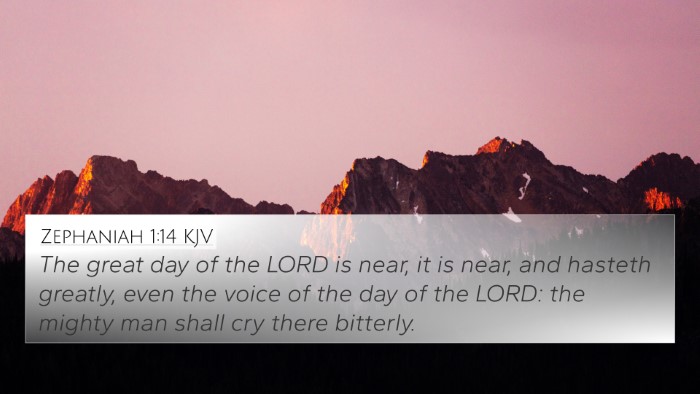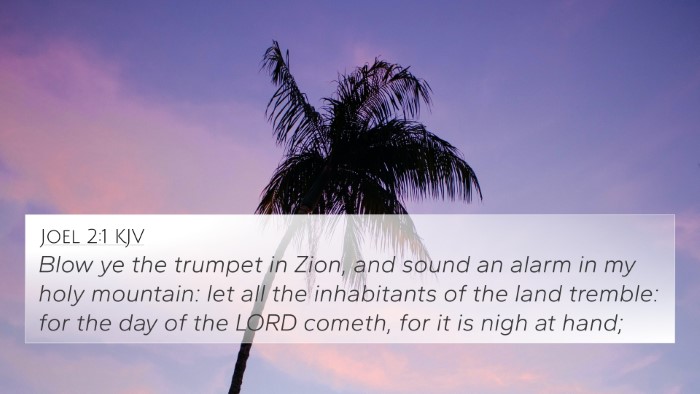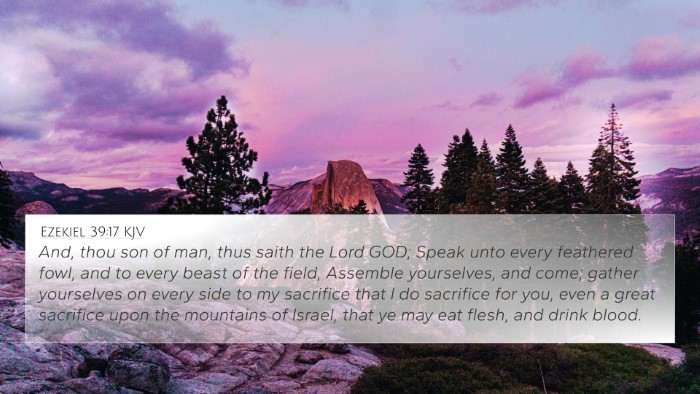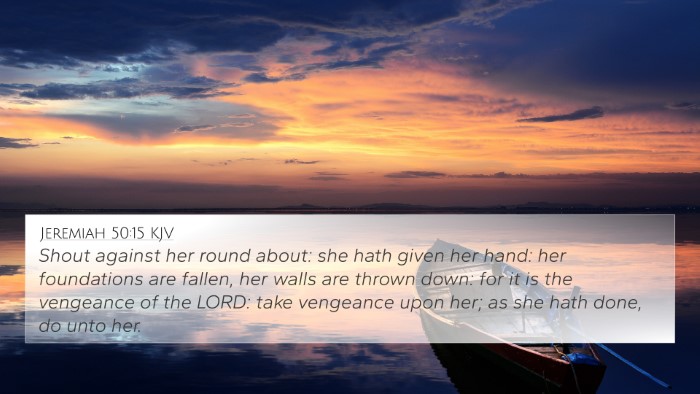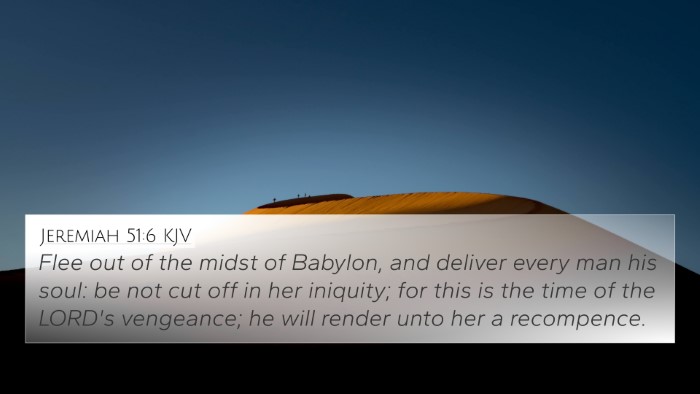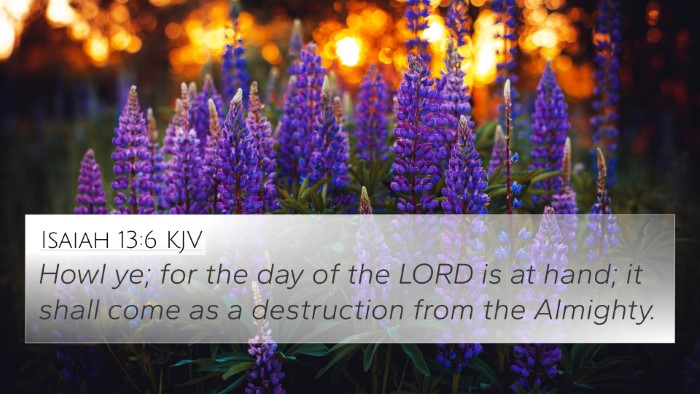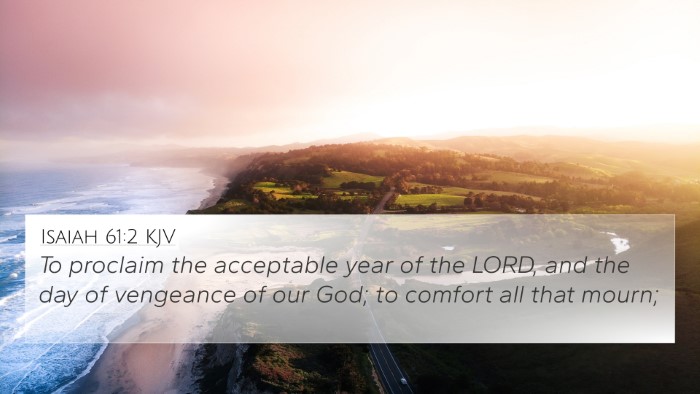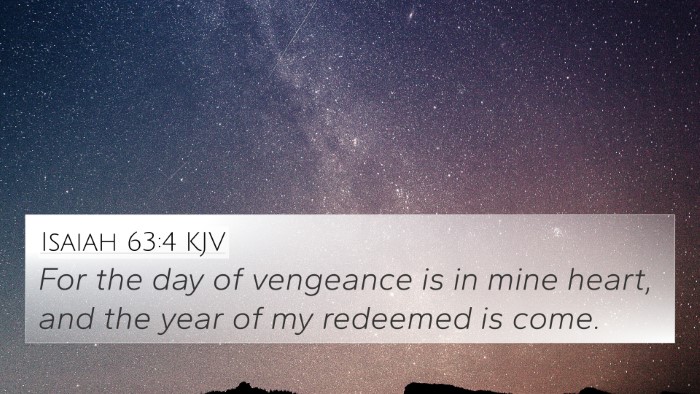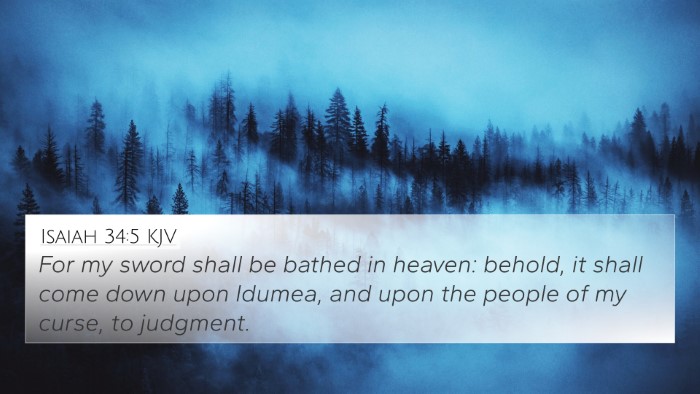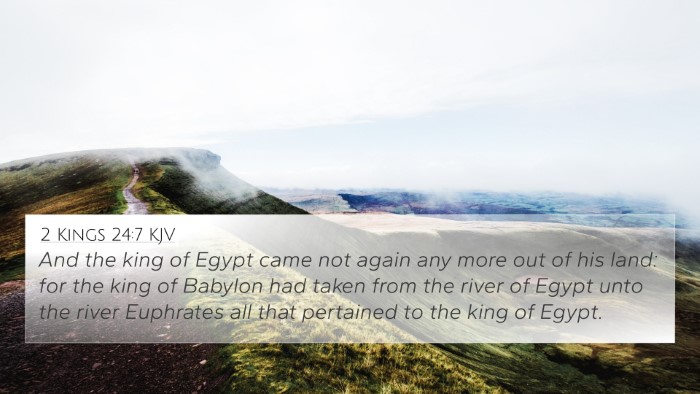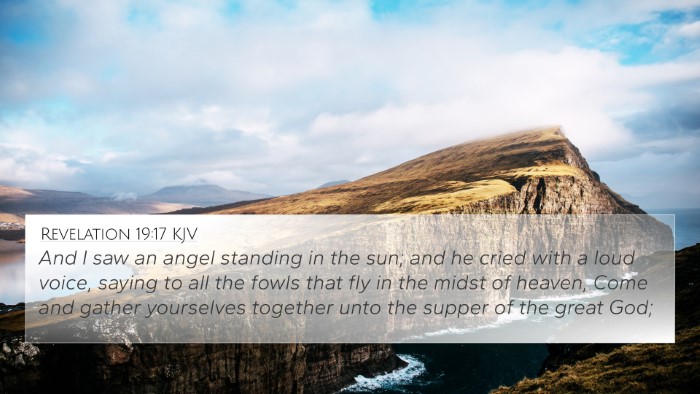Understanding Jeremiah 46:10
Jeremiah 46:10, within its context, speaks of the Lord executing His judgment upon the nations, specifically focusing on Egypt's impending defeat. The verse states:
"For this is the day of the Lord God of hosts, a day of vengeance, that He may avenge Himself on His adversaries; and the sword shall devour, and it shall be satiated and made drunk with their blood; for the Lord God of hosts has a sacrifice in the north country by the river Euphrates."
Verse Meaning and Insights
This passage is deeply rooted in the prophetic messages concerning the judgment that God will bring upon nations that oppose Him. The verse is often interpreted with several key themes:
- God's Sovereignty: The passage highlights God's authority over nations, demonstrating that He directs the course of history and judgment.
- Divine Judgement: It reflects the principle of divine retribution where God avenges His people against their enemies.
- The Role of the Sword: The sword, symbolizing warfare and divine justice, underscores the severity of God's judgment.
- Imagery of Vengeance: The intense imagery of blood and sacrifice reveals the serious consequences of opposition to God.
- Historical Context: The reference to the Euphrates River indicates a historical setting that implicates the nations surrounding Israel, particularly Egypt in this narrative.
Public Domain Commentary Insights
Various commentaries offer significant insights into Jeremiah 46:10:
- Matthew Henry: Emphasizes that this verse serves as a warning to all nations, showcasing that God's judgment is not limited but extends universally against those who defy Him.
- Albert Barnes: Points out that the "day of the Lord" captures the essence of divine intervention, where God acts decisively against sin and corruption.
- Adam Clarke: Highlights that this is a forecast of the calamities that will befall Egypt, representing God’s instruments being used for His glorious purposes.
Cross-References
To further understand this verse's implications, the following Bible verses exemplify related themes and provide connections:
- Isaiah 61:2: Speaks of the day of God's vengeance, complementing the ideas of retribution found in Jeremiah 46:10.
- Ezekiel 30:3: Mentions a day of judgment against Egypt, reinforcing the notion of divine punishment on nations.
- Revelation 19:2: Highlights God's true and just judgments, linking to the theme of divine justice.
- Psalms 94:1: Calls for God's vengeance, harmonizing the heartfelt plea for divine judgment with Jeremiah's proclamation.
- Romans 12:19: Stresses that vengeance belongs to God, echoing the principles of divine justice in Jeremiah's message.
- Jeremiah 1:10: Refers to the authority given to Jeremiah over nations, mirroring the themes of judgment established in 46:10.
- Micah 5:15: Addresses the judgment of nations through the power of God, akin to the narrative of Jeremiah.
Thematic Connections
This verse prompts the examination of broader themes within scripture, particularly:
- Vengeance and Justice: Highlighted both in the Old and New Testaments, emphasizing that God is a righteous judge.
- Divine Sovereignty: The assertion of God's control over earthly kingdoms and nations.
- Consequences of Disobedience: A reminder of the inevitable consequences faced by nations that disregard God’s commands.
Tools for Bible Cross-Referencing
For those looking to explore and study cross-references further, consider utilizing:
- Bible Concordance: An essential tool that allows for searching out scripture by keyword.
- Cross-Reference Guides: Resources that provide direct connections between verses.
- Bible Reference Resources: Compendiums that outline significant themes and corresponding verses.
Conclusion
Jeremiah 46:10 encapsulates profound truths about God's judgment, dominion, and the inevitable consequences for those who stand in opposition to Him. It stands as a clarion call to reflect on divine retribution within the broader narrative of scripture.
